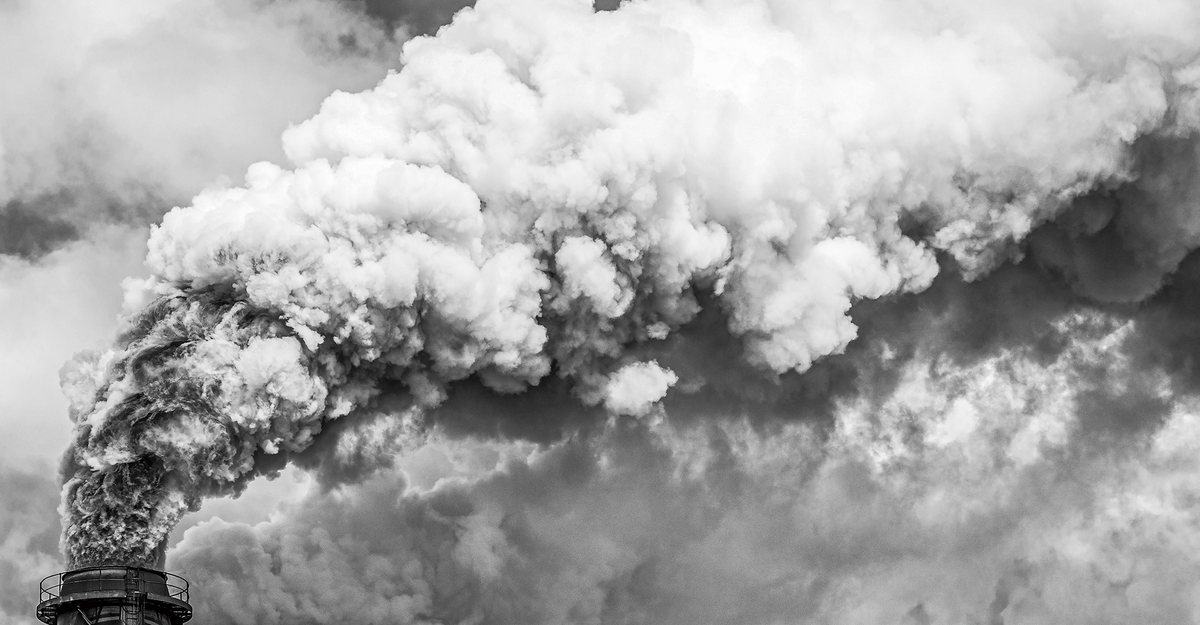- cross-posted to:
- [email protected]
- cross-posted to:
- [email protected]
On the last Saturday before Donald Trump took office, in January 2017, I watched the controlled chaos of a hackathon unfold in a library at the University of Pennsylvania. Volunteer archivists, librarians, and computer scientists were trawling government websites, looking for data sets about climate change to duplicate for safekeeping. Groups like this were meeting across the country. Flowcharts on whiteboards laid out this particular room’s priorities: copy decades of ice-core statistics from the National Oceanic and Atmospheric Administration; scrape the Environmental Protection Agency’s entire library of local air-monitoring results from the previous four years; find a way to preserve a zoomable map of the factories and power plants emitting the most greenhouse gases.
The fear was that the incoming administration would pull information like this from public view—and within a week, it did. By noon on Inauguration Day, the Trump administration had scrubbed mentions of climate change from the White House website. By May, officials had taken down the EPA’s page laying out climate science for the general public, as well as 108 pages associated with the Clean Power Plan, the landmark Obama policy meant to curb emissions from power plants—months before the Trump administration tried to repeal the policy altogether.
The administration’s goal was to bury the issue of climate change. Nothing was done to address it; the very mention of it was knocked from the national agenda—and, by extension, the international agenda. If Trump returns to office, he will surely double down on this strategy.



Because roughly 60% of likely voters think climate change is a “false religion” that has nothing to do with the climate.
Think about that. Why would a republican candidate that is only about themselves ever do anything about climate change? They poll better when they do the opposite.
We have to be careful here, because we’re getting dangerously close to denial about the popularity of climate change denial. We’re not winning, and even though it’s an existential crisis, “Well you’ll see I’m right when the world is on fire” actually makes people LESS likely to support efforts to fight climate change. Think about that too.